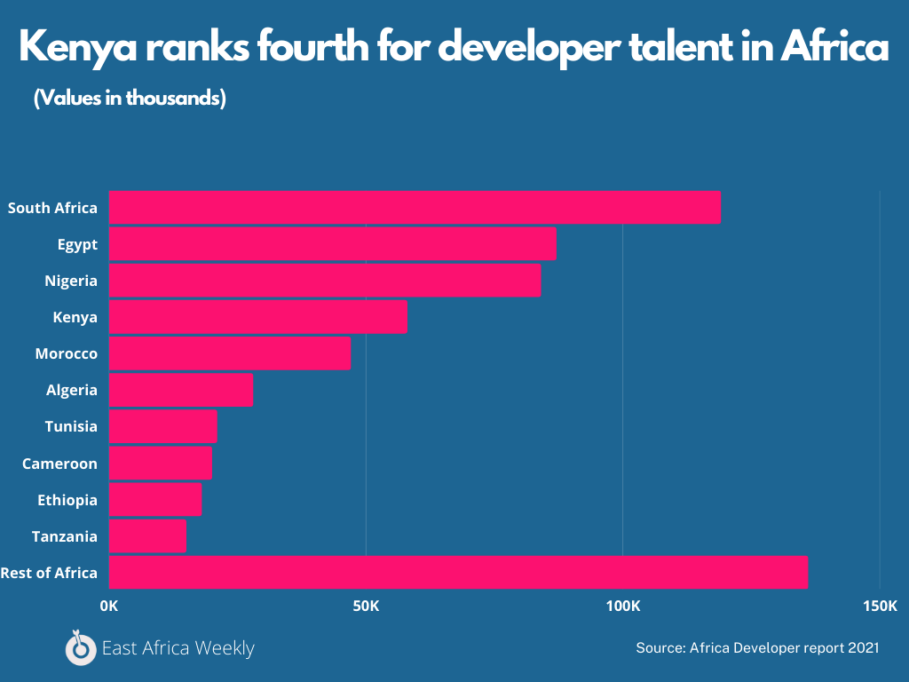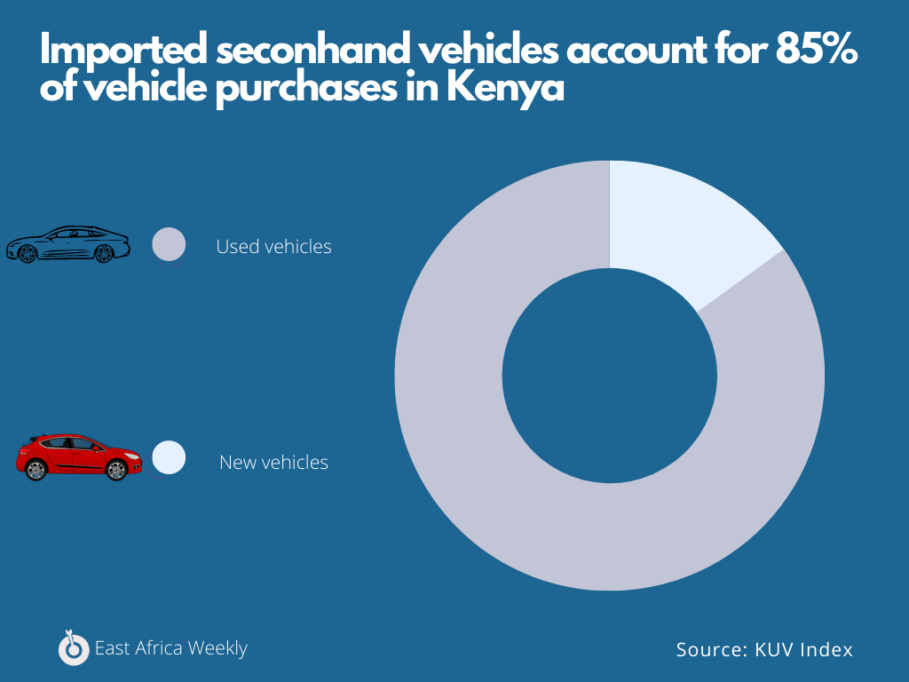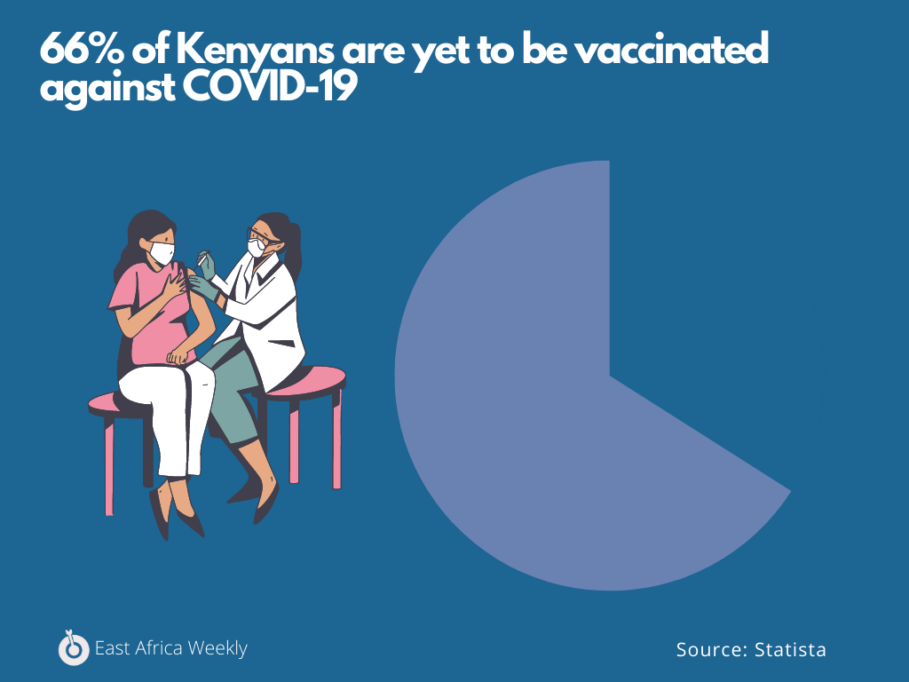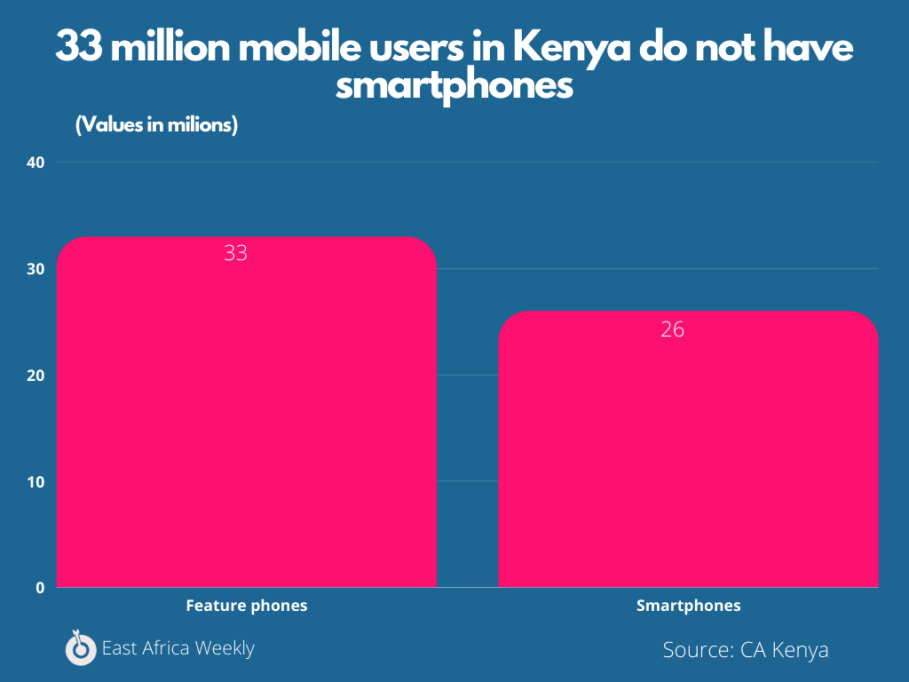The Kenyan Government recently signed the Finance Act 2022, which brings several changes to tax payments. Find out every way it affects the country’s tech space.
On June 21, 2022, Kenya’s President Uhuru Kenyatta signed the Finance Act 2022. When laws like these are signed, it details a government’s plan to generate revenue and how much it plans to spend and borrow. Unsurprisingly, digital platforms are now attracting peak attention.
Since the arrival of tech giants like Google and Facebook, world leaders have struggled to grasp their business model and figure out how to generate tax revenues. But these tech giants are only part of the vast digital economy web.
Kenya’s Finance Act has been lauded in some quarters as a big win for taxpayers because it clarifies some crucial details and introduces some incentives. However, the provisions could increase the cost of most digital products and services such as smartphones and the Internet.
The freshly amended Finance Act is an extension of previous laws Kenya has already enforced on digital platforms and services in the past few years.
Recall that the Finance Bill 2019 contained a 1.5% tax on the value of all transactions that digital platforms generate from the country. Also introduced were the marketplace regulations, which introduced a 14% VAT on all eCommerce transactions.
In 2021, these tech companies began enforcing some of these regulations, earmarking a landmark moment for taxation in Africa. Nigeria, like Kenya, also has similar provisions in its Finance Act 2020, which are already being enforced.
These laws brought negative reactions, and Kenya’s latest amendment is not without its fair share of criticisms. Interestingly it has some essential wins for taxpayers too, but we’ll narrow our focus on how it affects the country’s innovation space.
The arrival of big tech

Leading up to the President’s assent on June 21, news emerged about a possible increase to the digital services tax from 1.5% to 3% on the gross transaction value. Fortunately, the proposal was dropped and further amended to exempt non-residents with a permanent establishment in Kenya.
Before the change, foreign tech companies that had an establishment in Kenya still had to pay the digital services tax, but the new law would exempt them from the armpit of digital services tax. However, they will be subject to regular taxes that apply to resident companies in the country.
The provision looks like an olive branch to attract tech companies, and, interestingly, it has coincided with a massive influx of global tech giants in the capital city of Nairobi.
In 2022, Microsoft launched one of two Africa Development Centre (ADC) sites in Nairobi and announced plans to hire 450 employees. Google also announced that it would be hiring over 100 staff for its planned product development centre in Nairobi, a first in Africa.
Global payments giant, Visa, recently launched an innovation hub, and Amazon disclosed plans to establish Amazon Web Services (AWS) in Kenya.
While these companies could deal with digital taxes from the Kenyan government, they could also build physical establishments and negotiate more tax incentives as they create more value in the local economy.
Other factors such as a massive tech talent pool could factor in, but Kenya is not the largest African country with a developer population. The Africa Developer Ecosystem Report 2021 (pdf) crowns South Africa, while Kenya comes in fourth place behind Egypt and Nigeria.

Kenya has historically had a friendly stance toward attracting foreign investment, and removing this little detail in the Finance Act, could be a bonus.
Other provisions also seem to encourage local investments.
Locally made passenger vehicles

Beyond digital services, the East African powerhouse is also looking to incentivise local investments in the manufacturing sector. The Finance Act 2022 removes the 16% VAT on all locally manufactured passenger vehicles and the inputs and raw materials used in the process.
The Act defines a locally made passenger vehicle as one manufactured in Kenya, whose total value comprises 30% of parts manufactured in Kenya by a local original equipment manufacturer (OEM).
Like several other African countries, vehicle manufacturing in Kenya primarily involves assembly, retail and distribution of vehicles. Not much is done locally to make companies qualify for this VAT exemption.
In recent years, Kenya has been moving to revive its local vehicle manufacturing industry, but it hasn’t been without its challenges. After the University of Nairobi developed the first five prototypes of the Nyayo cars in 1986, we had to wait till 2009 for the launch of Mobius motors.
Mobius launched to manufacture vehicles for the African market, but it has struggled with competition from the second-hand market with the prevalence of used vehicles in the country.

Being a low-to-middle income country, most Kenyans cannot afford new cars. Dealers import ~90,000 used vehicles annually, accounting for 85% of car purchases.
According to Statista, Kenyans registered 246,000 Motorcycles and autocycles in 2020, compared to 58,000 station wagons and 7,700 salon cars. A law that incentives more local manufacturing of vehicles could beat down prices and make them more affordable.
Health innovation

Pharmacies and innovative health companies could also benefit from the provisions of the finance act as it removes nearly every form of tax for vaccine production. For context, you’d not have to pay income tax, Withholding tax, VAT, RDL, and IDF. You can click any of the links if you’re feeling nerdy.
Beyond vaccine productions, the Act also removes excise duties on plants and machinery imported for pharmaceutical products in the country on the recommendation of the Cabinet Secretary. Like with vehicle manufacturing, you’d find Kenya’s focus on incentivising local production with this policy.

With the emergence of COVID-19, several health facilities have been under heavy pressure, and these policies want to foster local health innovation. As of June 19, 2022, about 18.5 million Kenyans have been vaccinated, representing just 34% of its population.
Kenya is not short of companies doing great stuff with technology to solve health problems. You’d find companies like Tibu health, Ilara Health, and Tambua health using exciting innovations and business models to tackle creation in Africa.
While some sections of the bill look promising, other provisions cause some concern.
The Internet could become expensive

One of the less flattering provisions of the signed Finance Act 2022, is the introduction of excise duties on several items, including SIM cards and Smartphones, essential components for accessing the Internet. These devices get lumped in with Jewelries, chocolate bars, and beauty products, which all attract a 15% excise duty.
The government will now exact a ksh50 (42 cents) fee on every imported SIM card and a 10% excise duty on every smartphone brought into the country. These fees join the 20% excise duties already being charged on phone calls and Internet data in the country.

In 2021, the Communications Authority of Kenya said there were 59 million mobile subscriptions with 33 million connections from feature phones and 26 million from smartphones.
Global shortages increased the average selling price of smartphones in Kenya by 25.1% in q2 2022, so you can imagine what will happen when vendors factor in the increased import duties.
While 87% of Kenyans can access the Internet, only half own smartphones. Bodies like GSMA have suggested measures to improve smartphone penetration, but the excise duties on Smartphones will hardly encourage more smartphone adoption.
Money transfer and lending

Somewhat baffling is the decision to slap a 12% excise duty on money transfers and a 20% on fees charged by mobile digital lenders.
Kenya has a laudable record for financial inclusion compared to other African countries due to the Mpesa-led mobile money explosion. Mobile money facilitates transactions between individuals and businesses, and Mpesa has left banks trailing in its wake.
If the government enforces transfer levies, it could force several tech-savvy users toward cryptocurrency.
According to Luno’s report, the country has ranked top for global P2P trading volumes for two consecutive years. Dwarfing the regulation embattled Nigeria.
Thoughts on the Finance Act 2022

In the past three years, the Kenyan government has taken up the tradition of amending key provisions of its fiscal law annually. This constant change might show an inclination to keep up with the times, but it could also create investor uncertainty. What happens to all these incentives in a year’s time?
If you’re building innovative stuff in East Africa, now would probably be a good time to take a serious look at Kenya and Rwanda, and then hit me up at emmanuel@techpoint.africa.











